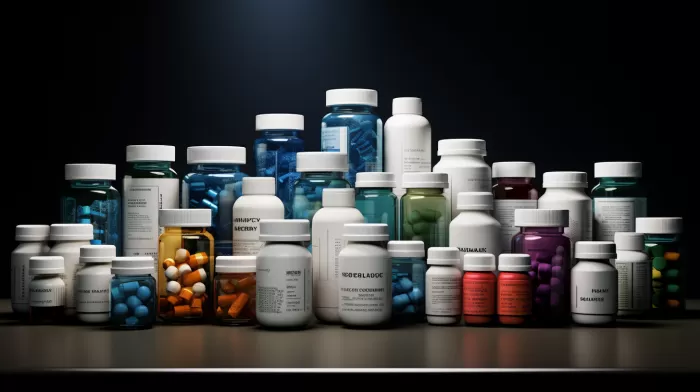Have you ever considered participating in a clinical trial? Many people volunteer for clinical drug trials because they want to help develop a cure for a disease or hope that an experimental drug will aid their own health condition. However, most people don’t realize the biases, conflicts of interest, and deception that can be involved in these trials. Big Pharma plays a significant role in controlling every aspect of clinical trials to protect their profits, often at the expense of the participants.
In a review of sixteen clinical trials, thirteen had outcomes favorable to the drug companies that sponsored the studies. Between 2006 and 2014, there was a 43% increase in drug companies funding clinical trials for their own products. According to Johns Hopkins University, this conflict of interest appears to be becoming the norm rather than the exception.
How drug companies control trial results
Pharmaceutical companies can spend anywhere from $160 million to $2 billion to bring a new drug to market. Naturally, these companies want a return on their investment, so they don’t want anything standing in the way of getting their product on the market. To achieve this, they think nothing of influencing the results of clinical trials in several ways:
- Conducting a trial against a product known to be inferior.
- Conducting a trial against too high a dose of a competitor’s drug (making their drug seem less toxic).
- Cherry-picking the results they report; reporting a reduction in ‘relative’ risk, while downplaying real risks.
- Hiring medical ghostwriters who promote their products, then naming doctors or scientists as the authors of these studies.
Who is deciding what’s safe?
Clinical trials are conducted to determine whether a drug works for its intended use, whether it is safe, and the possible side effects it may have. But who decides what is safe? Who really controls whether we suffer devastating side effects, or take ineffective medications at high cost?
Drug companies typically don’t even conduct their own trials. Instead, they hire outside research organizations to run the trials for them. Principal investigators, often ex-doctors earning up to $300,000 a year, work for these organizations. But their ethics often align more with the pharmaceutical industry than with medical truth.
Jill Fisher, a bioethicist at Vanderbilt University, discovered that some of the investigators she spoke with didn’t even understand how the drug in question worked, and were often not present while trials were being conducted. Yet these individuals are the ones in charge of collecting data on a drug’s safety and effectiveness.
Medical journals also profit from deception
A large trial with a positive outcome published in a major medical journal automatically carries the stamp of approval and credibility. According to Dr. Richard Smith, former editor of the British Medical Journal:
“For a drug company, a favorable trial is worth thousands of pages of advertising … a company will sometimes spend upwards of a million dollars on reprints … for worldwide distribution.”
For example, Merck, the pharmaceutical giant, hired ghostwriters to write favorable papers on the painkiller Vioxx, which was responsible for numerous deaths. Merck paid well-known doctors who agreed to claim to be the actual authors. Reprint orders of this article earned the New England Journal of Medicine more than $697,000.
Once again, profit-seeking overrides the truth, putting consumers at risk.
How to protect yourself
Given the prevalence of half-truths and outright lies, it’s challenging to know what information to trust and how to make important decisions around medications and treatment. Nevertheless, there are steps you can take:
- Do your research. Whenever you are considering taking a new drug, research it online. Under the Freedom of Information Act, anyone can request records from a federal agency. You can request medical studies of any drug reviewed by the FDA.
- History of lawsuits. A history of lawsuits relating to a drug or device should be a red flag.
- New isn’t always better. Waiting seven years after a drug’s approval allows time for more data about its safety and effectiveness to be gathered, so you don’t have to be the guinea pig.
- Keep an open mind. Alternative methods of treatment and illness prevention are often portrayed as useless or even harmful by proponents of conventional medicine. It benefits their bottom line to dissuade you from looking into nutrition, supplements, exercise, and traditional forms of medicine to maintain your health.
In summary, it’s essential to remain informed and cautious when considering participating in a clinical trial or trying new medications as potential biases and conflicts of interest can impact both the trial results and the information available about the drug.



